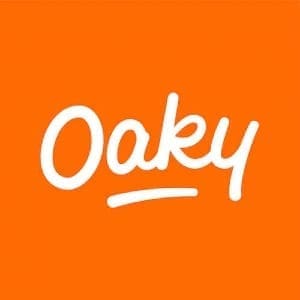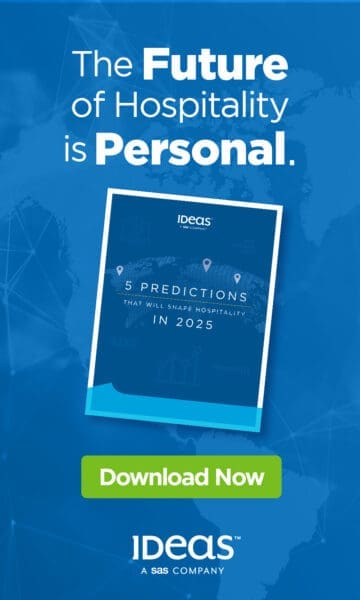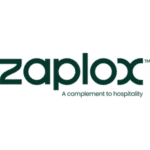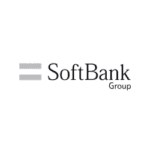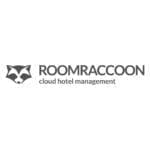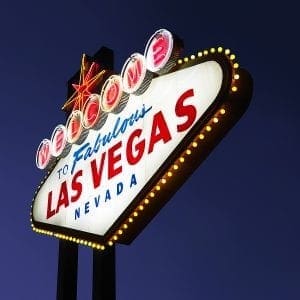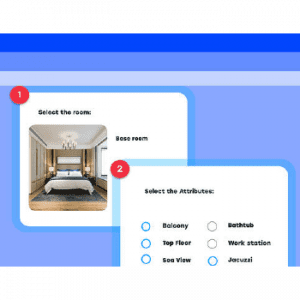 Attribute-based selling, known as ABS in short, appeared in the hospitality industry a while back. But what exactly is ABS? And how can you leverage its advantages in your upselling initiative?
Attribute-based selling, known as ABS in short, appeared in the hospitality industry a while back. But what exactly is ABS? And how can you leverage its advantages in your upselling initiative?
In this article we will have a closer look to what is the attribute-based selling approach and how it can be adapted in the upsell strategy of your hotel.
What is attribute-based selling?
ABS means breaking down the product, in your case, the hotel stay, into separate characteristics and experiences. This might sound familiar because airlines have already been doing this for several years by letting you choose add-ons like more legroom, upgraded meals or speedy boarding.
As a hotelier, you would take a similar approach when selling your room. Instead of offering rooms by category at a fixed rate, you would unbundle your inventory and allow guests to pick only the features they value. As you can imagine, this approach could have an immense impact on the booking process because it gives guests more control over what they book and pay for. This also reduces the importance of room types and helps hotels lessen the risk of overbooking a category.
Hotels can use ABS to better align customer needs and property amenities since guests can select their favourite amenities during the earliest stages of hotel research and booking. This makes it much easier for people to personalise their hotel stay.
The demand for certain features or room attributes will impact price differences and room availability. As a result, hoteliers can gather more in-depth data about what their customers value and are ready to pay extra for.
In the example below, a guest browses available room categories and chooses the deluxe room because it has a balcony with a view of the ocean.

Maybe this same guest also wants to stay on a higher floor but there is no room category for that. To get the high floor, they will have to send an email request to the reservations team and hope to be assigned a room they like. The reserved room also has a big workspace and offers access to the executive lounge – two things our guest isn’t interested in. Still, these attributes are part of the rate by default.
With ABS, our guest would be able to go about booking a bit differently. First, they’d select a room at a base rate. Then they could browse available attributes to find the must-haves and nice-to-haves that will make their stay more personalised. Since this is a leisure trip, they’d ditch the desk and perhaps include an in-room jacuzzi instead. Because why not?

In the end, this will leave the hotel with higher revenue and a guest who’s delighted to treat themselves over the weekend!
The concept of attribute-based selling
According to experts, the word is still out on whether ABS is the future of hotel distribution. Some industry leaders are convinced that attribute-based selling is a huge development while others are still a bit reluctant to embrace it.
The situation today
Every year hotel distribution is becoming more fast-paced and competitive. However, the way hotels sell rooms has hardly changed. The main focus is still on the room rate and type.
This gives guests no flexibility and control over the features they pay for because everything is included in the room type by default. Since room categories and their qualities differ between hotels and brands, customers may be surprised or disappointed by their rooms. This is one of the main reasons for people to book the lowest room category. Especially when hotels get large group bookings for base category rooms, this can lead to overbooking and lost revenue from free upgrades.
But implementing ABS isn’t all that easy either. There are several commercial, technical and operational complications that pose obstacles to getting started with attribute-based selling. The good news is, that you can easily transfer the principles of ABS to upselling.
Attribute-based selling and upselling
You can apply the principles of ABS to a variety of sales channels and approaches. Your upselling initiative is at the top of this list.
Travellers expect more personalisation today. However, it’s hard for them to find exactly what they want via hotel websites or OTAs. To offer guests a wider choice, some hotels give way too many options on their site. This leads to people getting overwhelmed and abandoning their bookings. Remember the last time you tried to book the perfect room, but you clicked away because it was just too complicated?
Using pre-arrival upselling can help solve that problem. If you use an upselling platform, guests can start by booking the basic category via your site or an OTA. In the next step, guests can customise their booking by upgrading to another category or adding ancillary services through pre-arrival upselling and cross-selling.
Let’s come back to our guest looking to book a high-floor sea-view room.
- Step 1: The guest books a room, choosing Sea View Standard.
- Step 2: The guest receives targeted upselling offers. Now they have the chance to choose a high-floor room with a balcony and extra services like a jacuzzi package complete with bath oils and a bottle of Champagne.
Using a modular approach via pre-arrival upselling has many benefits for your hotel:
- Guests can personalise their stay as much or little as they want
- Guests can personalise their stay whenever they want, after booking
- Hotels have the chance to upsell and cross-sell extra room upgrades and ancillary services
- Hotels can promote off-site experiences like excursions or activities organised by local partners
- Hotels can improve their targeting and segmentation since upselling tools allow them to send the right offer to the right guest. Gone are the days of listing everything on your website and making people scroll and search endlessly.
- Modular approach via pre-arrival upselling is a solution that works now.
Currently, there is no technology that fully supports attribute-based selling. Developing it at scale will still take time. However, targeted pre-arrival upselling and cross-selling is already possible.
Attribute-based upselling is a practical, easy-to-implement way to take advantage of the benefits of ABS without massively restructuring a hotel’s distribution.
What do you think? Now that you know more about ABS and attribute-based upselling, will you implement it at your hotel?


